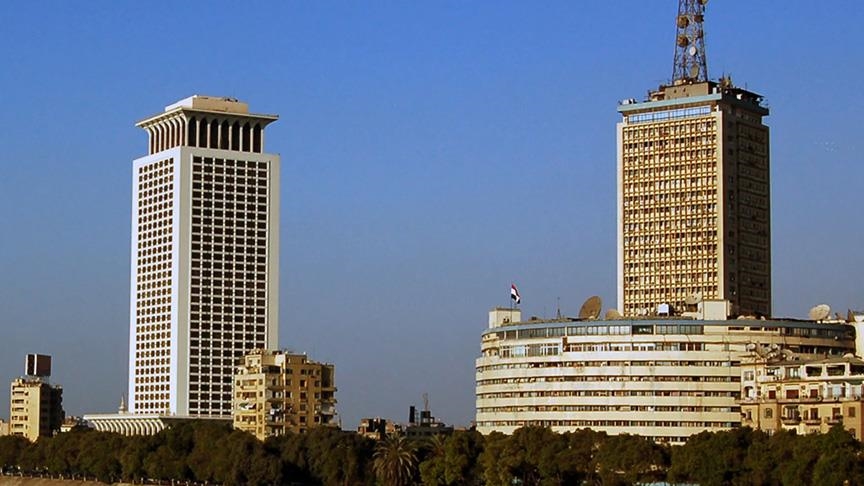Al-Yurae (Agencies)-Cairo – Cairo hosted the third ministerial-level negotiating round on the Grand Ethiopian Renaissance Dam (GERD) on Monday and Tuesday, with the participation of representatives from Egypt, Sudan and Ethiopia, in search of a final binding agreement on filling and operating the dam, amid dwindling chances of reaching understandings between the three countries with no progress in the previous two rounds and weak reliance on the last round in Addis Ababa next November.
On Tuesday evening, Egypt announced a “consensus” to hold a new round of negotiations on the Renaissance Dam in the Ethiopian capital Addis Ababa.
The announcement was made in a statement by Egypt’s Irrigation Ministry, which hosted a two-day round of negotiations.
The ministry said: “A new round of negotiations on the Renaissance Dam ended on Tuesday evening in Cairo.”
The tour “was held at the ministerial level for two days, with the participation of relevant delegations from Egypt, Sudan and Ethiopia,” according to the statement.
The ministry continued: “It was agreed to hold the next round in Addis Ababa (no date specified), with the aim of completing the negotiating process that began over the past two months, and reaching without delay an agreement on the rules for filling and operating the Ethiopian dam based on the consensus of the three countries.”
During a meeting in Cairo on July 13, Egyptian President Abdel Fattah al-Sisi and Ethiopian Prime Minister Abiy Ahmed agreed to start “urgent” negotiations on the rules for filling and operating the dam that would end within four months.
Cairo hosted the first round of these negotiations on August 27, then the second round was held in Addis Ababa last September, and finally the round that ended in Egypt on Tuesday.
These rounds came after a freeze in negotiations that lasted for more than two years, specifically since April 2021, following the failure of an African Union initiative to bring the views of the three countries closer together.
The two downstream countries of the Nile, Egypt and Sudan, are committed to first reaching a binding agreement with Ethiopia on the filling and operation of the dam, especially in times of drought, to ensure the continued flow of their share of the Nile River.
Addis Ababa says the dam is necessary for development purposes, especially through electricity generation, and stresses that it is not intended to harm anyone else.
On September 10, Abiy Ahmed announced the success of a fourth phase of filling the dam’s reservoir with water, in what Cairo considered “a new violation by Addis Ababa and a burden on negotiations.”
The latest round of negotiations has seen disagreements over the interpretation of the provisions of the 2015 agreement of principles, with Addis Ababa holding on to an official share — similar to Cairo and Khartoum — of the river’s water under the name of “equitable use.”
Ethiopia confirmed after the end of the Cairo round that it “seeks to end the dam negotiations while ensuring a fair share of the Nile waters,” referring to its commitment to allocating an agreed quota, an issue rejected by Egypt, which insists on obtaining its full quota, estimated at 55.5 billion cubic meters per year.


